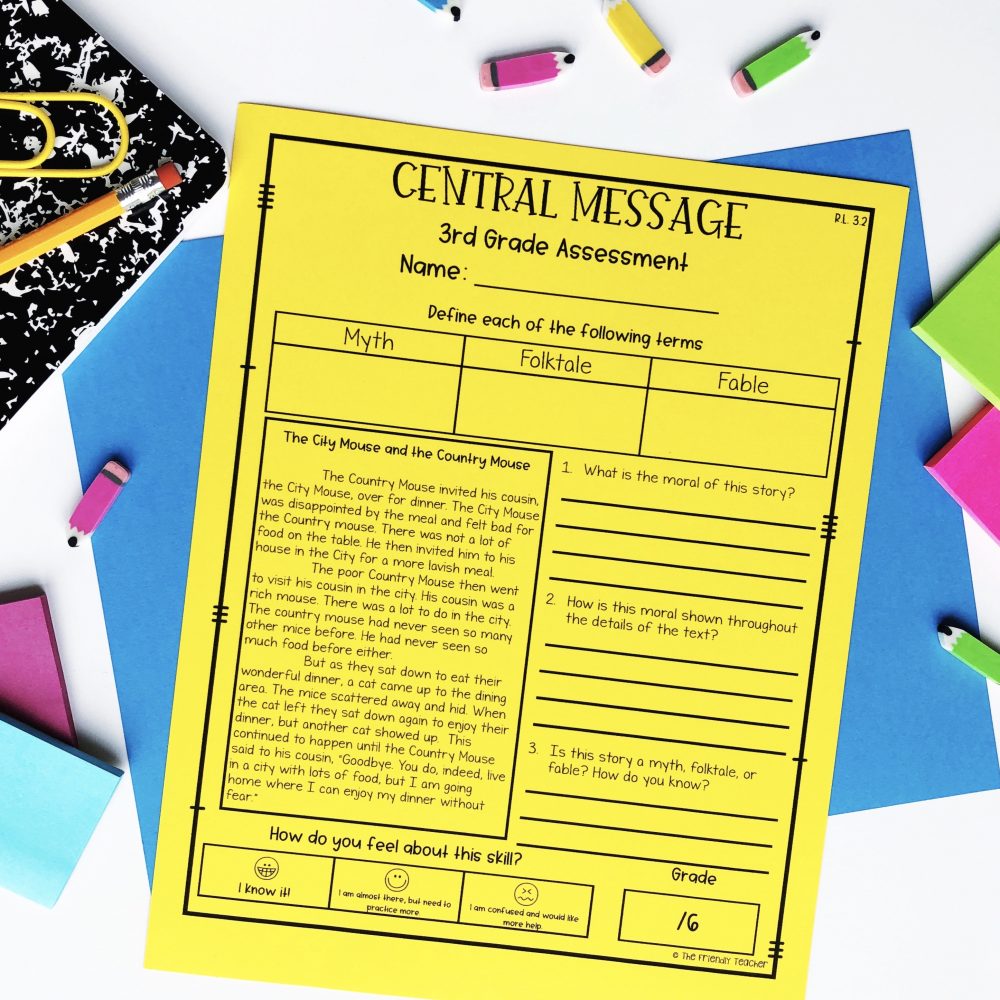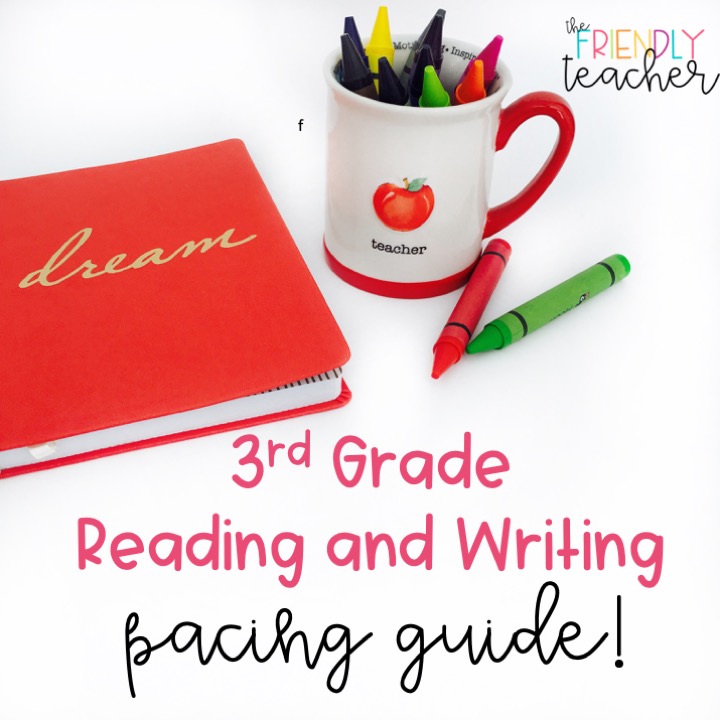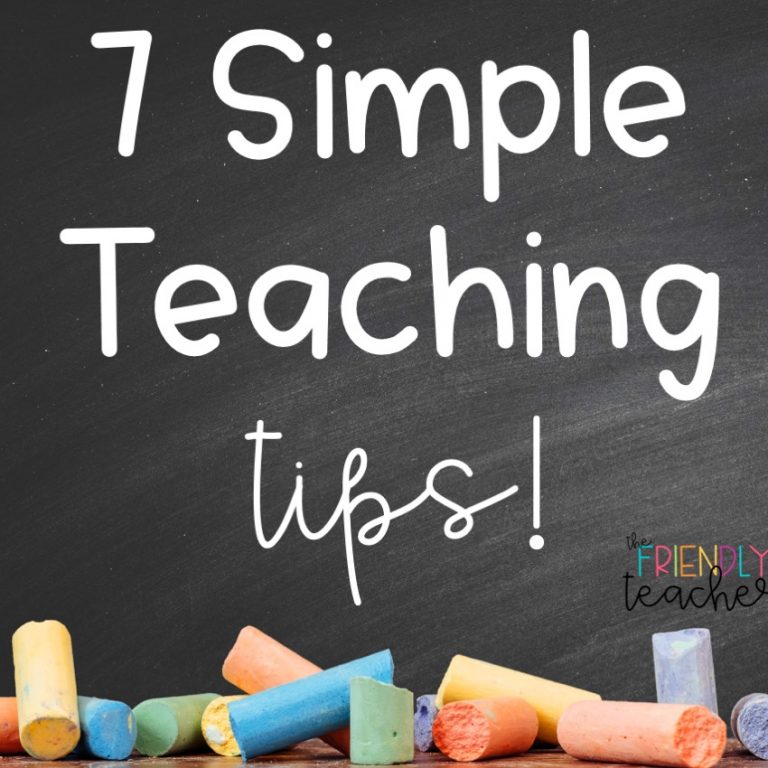
Are you assessing students each time you teach a new reading skill? This assessment in valuable in deciding what and how to teach your students.
Each and every time I get done teaching a reading standard or skill I then give my students a QUICK summative assessment of the skill or standard. I am talking one page, two pages tops. Then, I use that assessment to guide my instruction going forward.
What is a summative assessment?
A summative assessment is an assessment that you are giving at the end of your unit. So, throughout the entire unit you are giving formative assessments, which are quick checks to see how your students are doing.
But once you have taught the entire skill in many different ways you are giving a summative assessment to see if students mastered that skill or standard or not.
Summative assessments are essential because they can show you who mastered the skill and who did not.
I keep them SHORT because students are taking so many assessments now a-days and I don’t want them to get burned out. Also, it only takes a quick assessment to show me if they know the skill or not, so why spend extra time.
Step-By-Step Guide to Using Paper/Pencil Assessments
- Teach the new skill or standard for a week or two.
- Give assessment to students.
- While students are taking the assessments I am walking around grading them. If I see a misconception I mark down the grade on my clipboard and then teach them RIGHT THERE. I want students to get instant feedback instead of waiting days or weeks. If you can reteach in the moment this will help students moving forward.
- Then, I grab all the grades and pick one of the scenarios below.
**All students did well on the assessment
YAY! They all mastered the skill.
I still will practice this skill through guided reading, daily instruction, etc. But I am not going to directly teach on this skill any more this year.
**We had a LOT of students not do well
This tells me that I need to reteach the skill to the entire class. I need to try new lessons in a different modality.
BUT I do not start teaching this skill again next week. I take a few weeks before I revisit the skill. Sometimes, students just need to mature a little more or take a break and come back to learn the skill.
So, if you need to reteach a skill for a week or so to the entire class wait a month and then reteach it.
**There were a few students who did not do well
I create a “skill group”. This is a group of students that need work on a specific skill. Then, in guided reading or my no new instruction time I grab that group to work on the skill.
Typically, I will work on this skill with that group once a week for several weeks. Then, once I have worked with them 3-5 times I will give them a new assessment and check for mastery.
**After reteaching several times I have a student who is still not getting it
I move on.
Once they have been in a skill group for a month or two and they still aren’t mastering it. I move on. Sometimes students just need to mature to understand a skill. If I have taught it in SEVERAL different ways and giving them ample time to master the skill and they still are not, I have to move on.
The great thing about learning is that they will teach the skill again next year and maybe that student just needed a new teacher to explain it.
You will not get everyone to master every skill. Use assessment to guide instruction, but also use it to know that it is okay to just move on sometimes! 🙂















Hannah Wilde
I am so glad you’re here! I love helping 3rd-5th grade teachers by providing ideas, engaging resources, and professional development they need. I am a literacy coach who is here to help lessen the workload for teachers while making them more confident! I want students to be continually engaged in a rigorous environment!